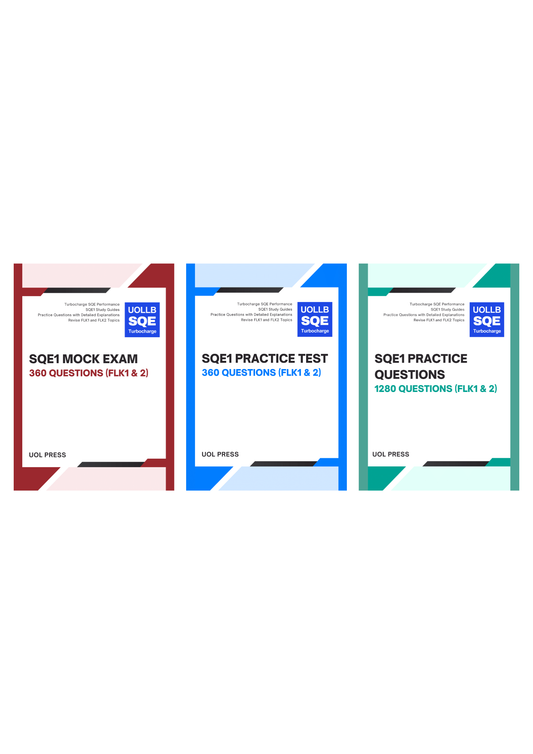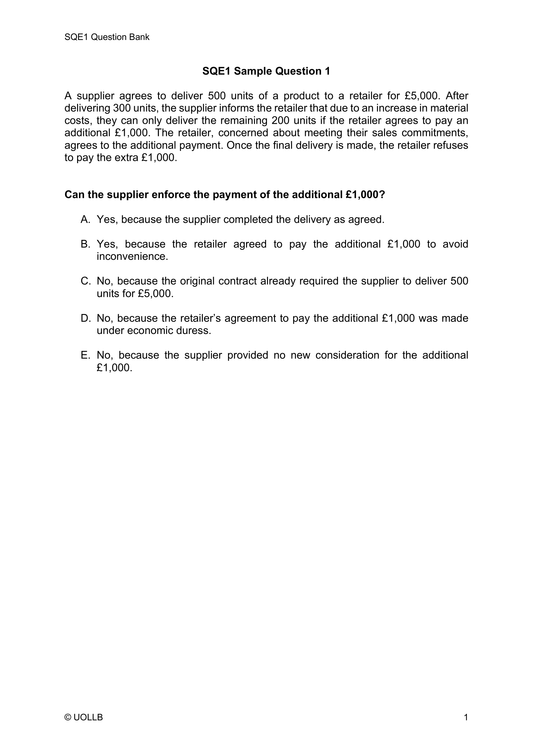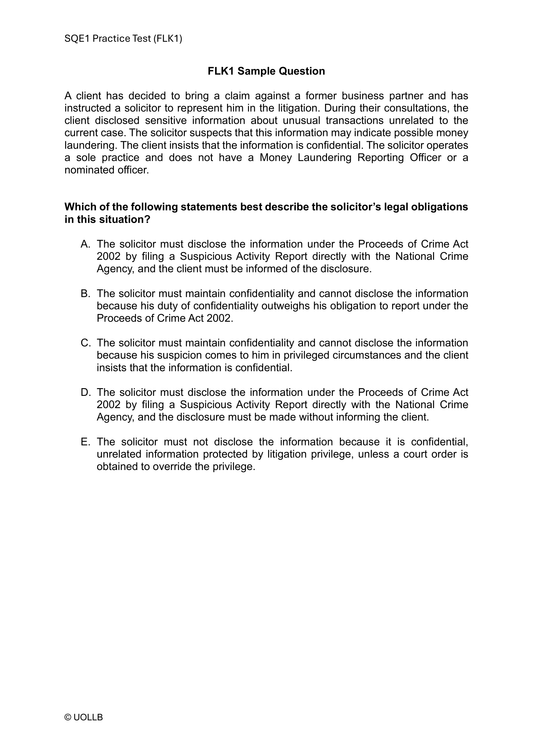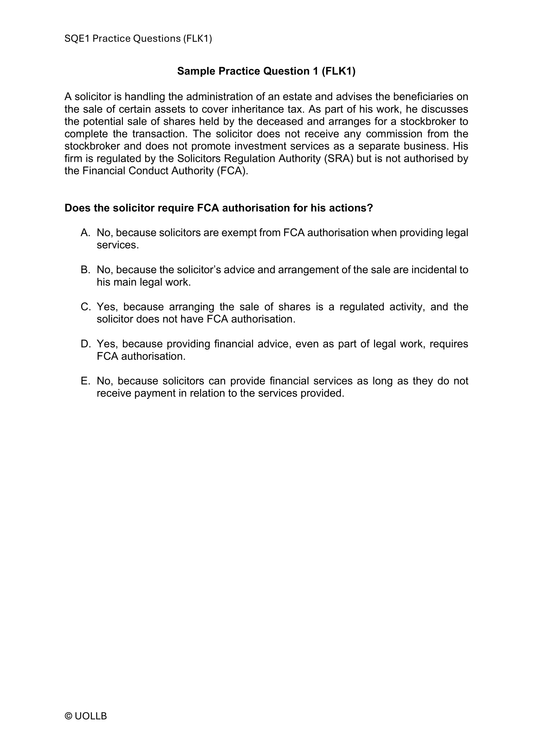Legal Writing Tips
Share
Legal writing demands a high level of clarity, precision, and professionalism. The following writing tips and guidelines will help you create documents that are easy to understand, accurate, and authoritative.
1. Use Clear and Concise Language
The primary goal of legal writing is to communicate effectively. Use plain language and avoid unnecessary jargon, archaic terms, and overly complex sentences. Clear and concise language ensures that your writing is accessible to both legal professionals and laypersons. For example, instead of saying 'heretofore', say 'until now', and replace 'notwithstanding the fact that' with 'despite'.
2. Organise Your Document
A well-structured document enhances readability. Start with a clear introduction that outlines the purpose and scope of your document. The body should be logically organised with headings and subheadings to break down complex information. Conclude with a summary that reinforces your main points. This structure helps readers navigate the document and understand the flow of your argument.
3. Be Precise and Accurate
Precision and accuracy are crucial in legal writing. Use specific language to convey your meaning without ambiguity. Avoid vague terms that could lead to misinterpretation. For instance, instead of writing 'soon', specify a time frame like 'within 30 days'. Ensuring accuracy in your facts and legal references prevents misunderstandings and strengthens your credibility.
4. Support Your Arguments with Authority
Legal arguments must be backed by relevant legal authority, such as statutes, regulations, case law, or established legal principles. Providing citations for these sources not only supports your arguments but also allows readers to verify the information. For example, cite a relevant case with its full reference: Salomon v A Salomon & Co Ltd [1896] UKHL 1.
5. Use Proper Citation Format
Adhering to the appropriate citation style is essential in legal writing. Depending on your jurisdiction or institution, you may need to follow OSCOLA, APA, or MLA style. Consistency in citation format throughout your document is crucial for professionalism and readability. Proper citation helps prevent plagiarism and provides a clear trail for further research.
6. Avoid Legalese
While legal terminology is sometimes necessary, excessive legalese can make your writing difficult to understand. Strive to use plain language whenever possible. For example, instead of 'inter alia', say 'among others'. Reducing legalese makes your writing more accessible to a broader audience, including clients and non-legal professionals.
7. Proofread and Edit Carefully
Proofreading and editing are vital steps in the writing process. Carefully review your document for grammar, punctuation, and spelling errors. Editing for clarity and coherence ensures that your arguments flow logically. An error-free document enhances your professionalism and credibility.
8. Be Objective and Impartial
Maintain a neutral tone in your legal writing. Avoid personal biases or opinions and stick to presenting facts, legal analysis, and applicable law. Objectivity enhances the persuasiveness of your arguments and ensures that your writing is fair and balanced.
9. Use Formatting Consistently
Consistent formatting improves the readability and professional appearance of your document. Use appropriate font styles and sizes, line spacing, margins, and indentation consistently throughout. For example, use Times New Roman, 12-point font, with double spacing and one-inch margins. Consistent formatting helps readers focus on the content rather than being distracted by inconsistent presentation.
10. Know Your Audience
Tailor your writing to the audience you are addressing. Whether you are writing for a judge, attorney, client, or general audience, adapt your style and tone accordingly. For instance, legal briefs for judges should be more formal and precise, while client letters can be more straightforward and explanatory.
These rules serve as general guidelines for legal writing. Specific requirements may vary depending on the context and the audience. Always consult relevant style guides or any specific instructions provided to ensure your writing meets the necessary standards. By following these rules, you can produce clear, precise, and professional legal documents that effectively communicate your arguments and information.
1. Use Clear and Concise Language
The primary goal of legal writing is to communicate effectively. Use plain language and avoid unnecessary jargon, archaic terms, and overly complex sentences. Clear and concise language ensures that your writing is accessible to both legal professionals and laypersons. For example, instead of saying 'heretofore', say 'until now', and replace 'notwithstanding the fact that' with 'despite'.
2. Organise Your Document
A well-structured document enhances readability. Start with a clear introduction that outlines the purpose and scope of your document. The body should be logically organised with headings and subheadings to break down complex information. Conclude with a summary that reinforces your main points. This structure helps readers navigate the document and understand the flow of your argument.
3. Be Precise and Accurate
Precision and accuracy are crucial in legal writing. Use specific language to convey your meaning without ambiguity. Avoid vague terms that could lead to misinterpretation. For instance, instead of writing 'soon', specify a time frame like 'within 30 days'. Ensuring accuracy in your facts and legal references prevents misunderstandings and strengthens your credibility.
4. Support Your Arguments with Authority
Legal arguments must be backed by relevant legal authority, such as statutes, regulations, case law, or established legal principles. Providing citations for these sources not only supports your arguments but also allows readers to verify the information. For example, cite a relevant case with its full reference: Salomon v A Salomon & Co Ltd [1896] UKHL 1.
5. Use Proper Citation Format
Adhering to the appropriate citation style is essential in legal writing. Depending on your jurisdiction or institution, you may need to follow OSCOLA, APA, or MLA style. Consistency in citation format throughout your document is crucial for professionalism and readability. Proper citation helps prevent plagiarism and provides a clear trail for further research.
6. Avoid Legalese
While legal terminology is sometimes necessary, excessive legalese can make your writing difficult to understand. Strive to use plain language whenever possible. For example, instead of 'inter alia', say 'among others'. Reducing legalese makes your writing more accessible to a broader audience, including clients and non-legal professionals.
7. Proofread and Edit Carefully
Proofreading and editing are vital steps in the writing process. Carefully review your document for grammar, punctuation, and spelling errors. Editing for clarity and coherence ensures that your arguments flow logically. An error-free document enhances your professionalism and credibility.
8. Be Objective and Impartial
Maintain a neutral tone in your legal writing. Avoid personal biases or opinions and stick to presenting facts, legal analysis, and applicable law. Objectivity enhances the persuasiveness of your arguments and ensures that your writing is fair and balanced.
9. Use Formatting Consistently
Consistent formatting improves the readability and professional appearance of your document. Use appropriate font styles and sizes, line spacing, margins, and indentation consistently throughout. For example, use Times New Roman, 12-point font, with double spacing and one-inch margins. Consistent formatting helps readers focus on the content rather than being distracted by inconsistent presentation.
10. Know Your Audience
Tailor your writing to the audience you are addressing. Whether you are writing for a judge, attorney, client, or general audience, adapt your style and tone accordingly. For instance, legal briefs for judges should be more formal and precise, while client letters can be more straightforward and explanatory.
These rules serve as general guidelines for legal writing. Specific requirements may vary depending on the context and the audience. Always consult relevant style guides or any specific instructions provided to ensure your writing meets the necessary standards. By following these rules, you can produce clear, precise, and professional legal documents that effectively communicate your arguments and information.




























































